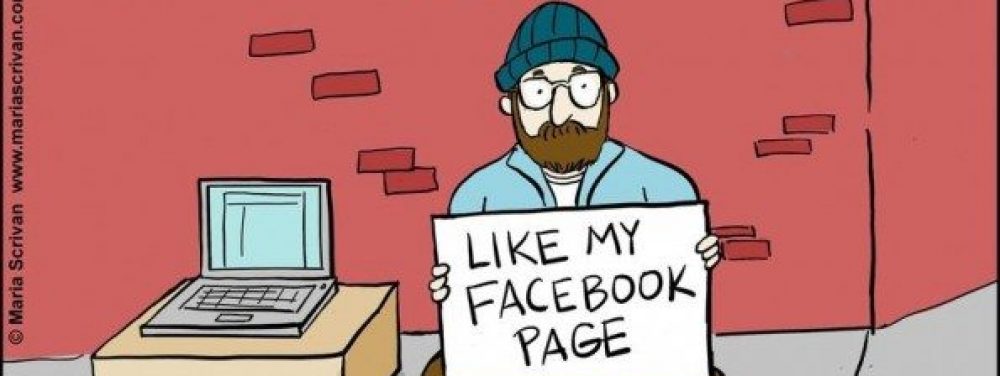![]() A fly on the wall in a mid-sized or bigger lecture hall would be hard pressed to go an entire class period without seeing one or two social media-ites, mentally ditching their classmates to publically pontificate their political views, the new dress they bought, or how much they enjoy the experience of on-campus parking. No matter what we post, there is no better feeling than the sight of that little red icon popping up on our notifications button telling us that someone had liked what we had to say, someone had seen, heard, dare I say- felt- what I felt.
A fly on the wall in a mid-sized or bigger lecture hall would be hard pressed to go an entire class period without seeing one or two social media-ites, mentally ditching their classmates to publically pontificate their political views, the new dress they bought, or how much they enjoy the experience of on-campus parking. No matter what we post, there is no better feeling than the sight of that little red icon popping up on our notifications button telling us that someone had liked what we had to say, someone had seen, heard, dare I say- felt- what I felt.
Such is the feeling of bliss described by those who say they’ve become addicted to “likes,” the notifications saying that someone had acknowledged, read (maybe), and at the very least superficially agreed with their post. Maureen O’Connor of The Atlantic tells the story of a programmer named Rameed Chawla who designed a system that automatically “likes” all of his friends’ posts and in return they tend to “like” his post back. Chawla describes the feelings in terms of smoking crack, that we always just need one. more. like. to get that monkey off our backs. Another interviewee said she feels an almost Pavlovian response to her push notifications that alert her when someone acknowledges her posts.
We’ve all done it. As much as some of us like to pretend we don’t feel warm and fuzzy inside when our phone buzzes to tell us of a new online interaction, we still excitedly reach for our phones and minimize the Word Document we were using to take notes so we can feel that sense of validation Chawla describes as the rush of another hit.
Facebook’s analytics department recently found that one way to break this pattern of call and hard-sought-after response was to be in a relationship. Those in relationships have another outlet for their feelings, and more importantly another source of validation. Why do I need to post a picture of me in my new favorite skirt when I can show it my boyfriend and experience the same desired effect? Who needs to post a picture of dinner when I can share it with someone in real life?
Social media has taken our everpresent quest for validation and amplified the effect to the point of addiction.
- Wearable Tech in Walt Disney World: Introducing “MagicBands” - February 28, 2014
- We’re Like, Addicted to Likes, and We Don’t Like It - February 21, 2014
- From Jay to Jimmy: The New Era of Late Night - February 7, 2014
